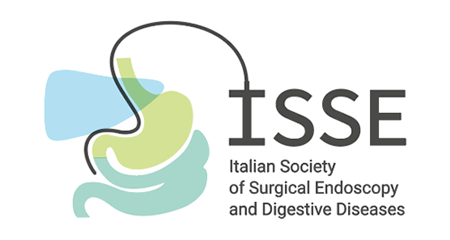Artificial Intelligence Tools for the Diagnosis of Eosinophilic Esophagitis in Adults Reporting Dysphagia: Development, External Validation, and Software Creation for Point-of-Care Use
AUTORI
Pierfrancesco Visaggi, Giulio Del Corso, Federica Baiano Svizzero, Matteo Ghisa, Serena Bardelli, Arianna Venturini, Delio Stefani Donati, Brigida Barberio, Emanuele Marciano, Massimo Bellini, Jason Dunn, Terry Wong, Nicola de Bortoli, Edoardo V. Savarino, Sebastian Zeki
ABSTRACT
BACKGROUND: Despite increased awareness of eosinophilic esophagitis (EoE), the diagnostic delay has remained stable over the past 3 decades. There is a need to improve the diagnostic performance and optimize resources allocation in the setting of EoE.
OBJECTIVE: We developed and validated 2 point-of-care machine learning (ML) tools to predict a diagnosis of EoE before histology results during office visits.
METHODS: We conducted a multicenter study in 3 European tertiary referral centers for EoE. We built predictive ML models using retrospectively extracted clinical and esophagogastroduodenoscopy (EGDS) data collected from 273 EoE and 55 non-EoE dysphagia patients. We validated the models on an independent cohort of 93 consecutive patients with dysphagia undergoing EGDS with biopsies at 2 different centers. Models’ performance was assessed by area under the curve (AUC), sensitivity, specificity, and positive and negative predictive values (PPV and NPV). The models were integrated into a point-of-care software package.
RESULTS: The model trained on clinical data alone showed an AUC of 0.90 and a sensitivity, specificity, PPV, and NPV of 0.90, 0.75, 0.80, and 0.87, respectively, for the diagnosis of EoE in
the external validation cohort. The model trained on a combination of clinical and endoscopic data showed an AUC of 0.94, and a sensitivity, specificity, PPV, and NPV of 0.94, 0.68, 0.77, and 0.91, respectively, in the external validation cohort.
CONCLUSION: Our software-integrated models (https://webapplicationing.shinyapps.io/PointOfCare-EoE/) can be used at point-of-care to improve the diagnostic workup of EoE and optimize resources allocation.
Visaggi P, Del Corso G, Baiano Svizzero F, et al. Artificial Intelligence Tools for the Diagnosis of Eosinophilic Esophagitis in Adults Reporting Dysphagia: Development, External Validation, and Software Creation for Point-of-Care Use. J Allergy Clin Immunol Pract. 2023 Dec 27:S2213-2198(23)01394-6.
SCARICA QUESTO ARTICOLO IN PDF

